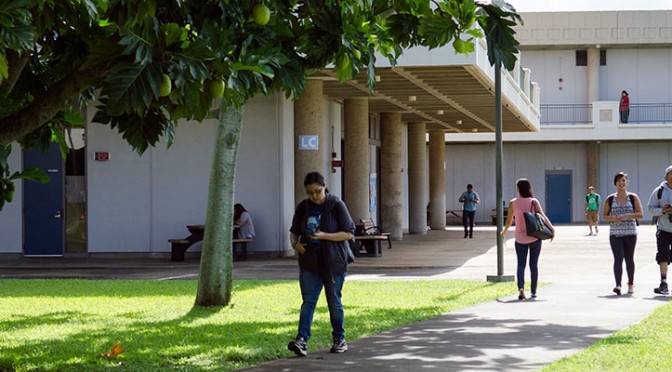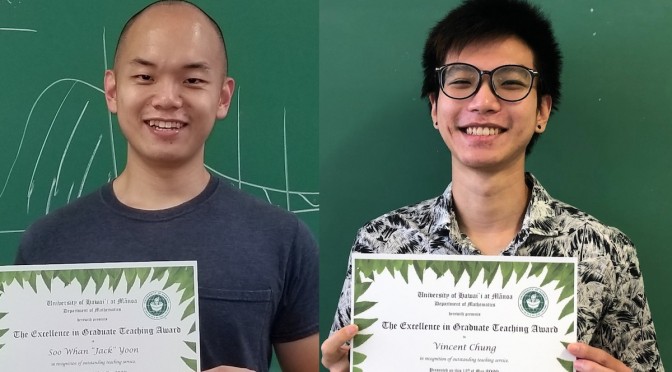Choosing a research advisor.
This is an important step for any graduate student. A good advisor/student relationship is very helpful to your success in graduate school. Keep in mind though, that no one is perfect – and they don’t need to be, the whole department is still here to talk with you. Also a good advisor for one student might be a poor choice for someone else. It’s a personal decision.
Question 1: When to choose an advisor? Start now! It is never too soon to think about who you might want to work with and start investigating what that would entail.
Question 2: How to choose? Read on!
Each item in the list below is useful in choosing an advisor.
1) General research area of interest.
2) Working Style in the professional relationship: more hands-on or hands off? – do they want you to find a problem on your own? expect weekly meetings?
3) Is the person supportive of the kinds of career options you are looking for?
4) Does the person have a track record of finishing students in a reasonable amount of time and helping them find suitable employment.
5) How research active is the person? Do they publish regularly (say 1x a year or more, – look them up on MathSciNet, Google Scholar or the arXiv to check this!). Do they attend conferences regularly (1 or more per year) and give talks about their work? These are all particularly helpful if you are hoping to have a career that focuses on research.
6) Some students like to choose experienced advisors who have a track record of finishing students and helping them find jobs. Other students like to choose junior faculty who are eager to have students because you find them more related.
How to learn about potential advisors:
1) Attend seminars of a research group you’re potentially interested in.
2) Take a class with potential advisors.
3) Read their blurb on the department webpage.
4) Ask to do a reading course with a potential advisor to learn more about the subject they work in and their style of working with a student.
5) Talk to the faculty members about their expectations for students, and how you would become their advisee.
6) Talk to other students about their experiences with various faculty members.



